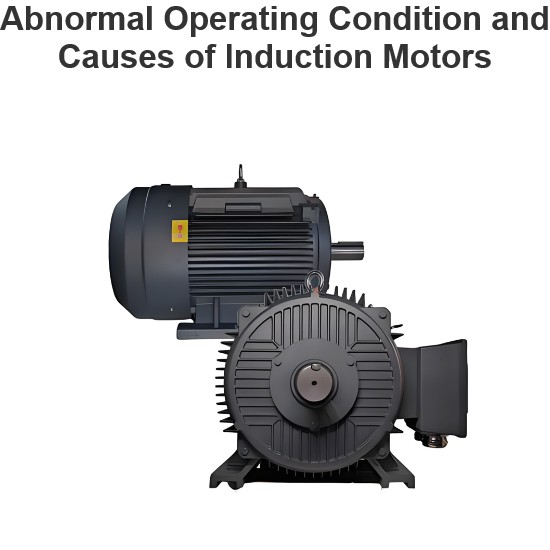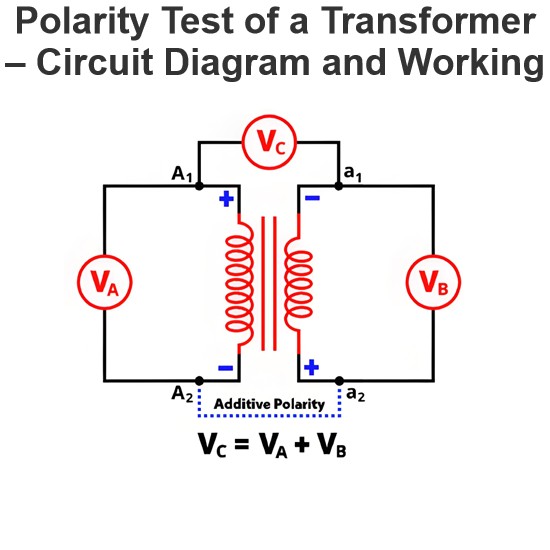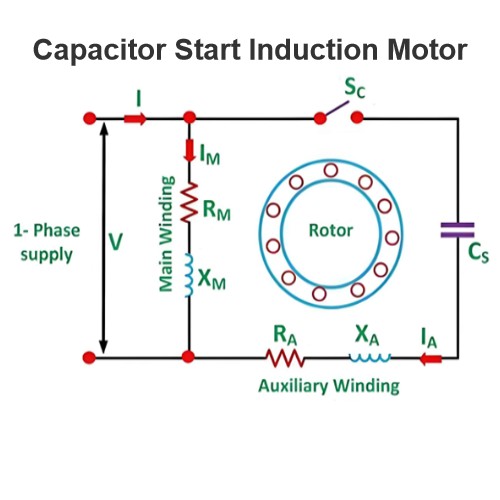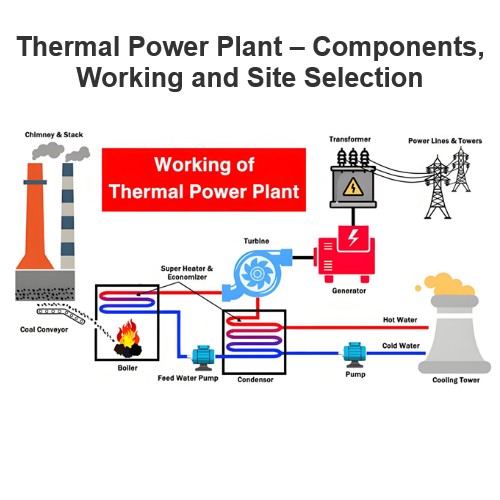What is the effect of increasing voltage in an AC motor?
Increasing the voltage of an AC motor can have several effects on its performance and operation. The following are some of the main impacts:
1. Current Changes
Reduced Current: Ideally, increasing the voltage will result in reduced current, as the motor's power demand (P = V * I) remains relatively constant. However, this relationship is more evident when the motor is lightly loaded or unloaded.
Increased Starting Current: During the starting phase, increasing the voltage may lead to higher starting currents, as the motor requires more current to overcome initial inertia.
2. Torque Changes
Increased Starting Torque: Increasing the voltage can boost the motor's starting torque, helping it reach the rated speed more quickly.
Running Torque: In running conditions, increasing the voltage may slightly increase the torque, but this increase is usually limited, as the torque is primarily determined by the load.
3. Temperature Changes
Increased Temperature: Increasing the voltage can cause the motor's temperature to rise. Excessive voltage can lead to higher currents in the windings, increasing copper losses (I²R losses) and causing the motor to overheat.
Insulation Damage: Long-term overheating can accelerate the aging of the motor's insulation materials, potentially leading to insulation breakdown and motor failure.
4. Efficiency Changes
Reduced Efficiency: Increasing the voltage can lower the motor's efficiency due to additional losses, such as iron losses and copper losses.
Improved Efficiency: In some cases, moderately increasing the voltage can improve the motor's efficiency, especially under light load conditions, as the motor can operate with lower currents.
5. Mechanical Stress
Increased Mechanical Stress: Increasing the voltage can increase the mechanical stress on the motor, particularly if both the torque and speed increase. This can shorten the motor's lifespan.
6. Electromagnetic Interference
Increased EMI: Excessive voltage can increase electromagnetic interference (EMI), affecting the normal operation of other electronic devices.
7. Protective Devices
Triggering Protective Devices: Excessive voltage can trigger the motor's protective devices, such as circuit breakers or thermal relays, leading to frequent tripping or shutdowns.
8. Performance Instability
Performance Fluctuations: Excessive voltage can cause the motor's performance to become unstable, especially under varying load conditions.
9. Motor Lifespan
Shortened Lifespan: Long-term exposure to excessive voltage can accelerate wear and tear, shortening the motor's lifespan.
Summary
Increasing the voltage of an AC motor can affect its current, torque, temperature, efficiency, mechanical stress, electromagnetic interference, protective devices, performance stability, and lifespan. While moderately increasing the voltage can sometimes improve performance, excessive voltage can lead to overheating, insulation damage, reduced efficiency, and shortened lifespan. Therefore, when adjusting the motor voltage, it is important to be cautious and ensure the voltage remains within the motor's rated range.
The Electricity Encyclopedia is dedicated to accelerating the dissemination and application of electricity knowledge and adding impetus to the development and innovation of the electricity industry.













